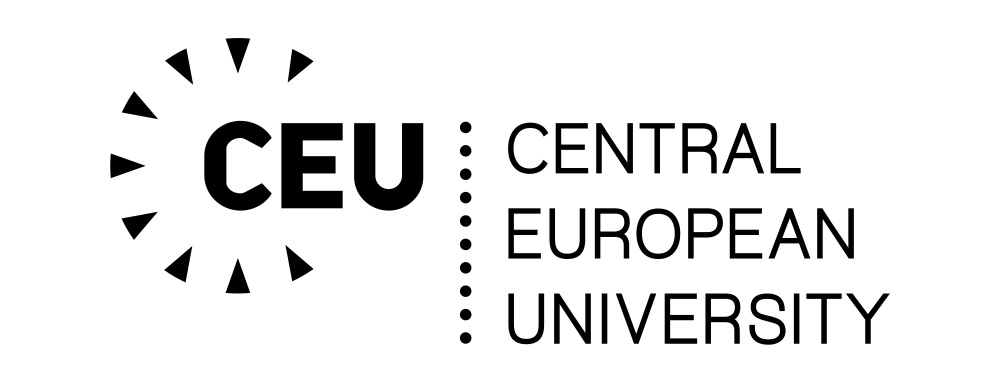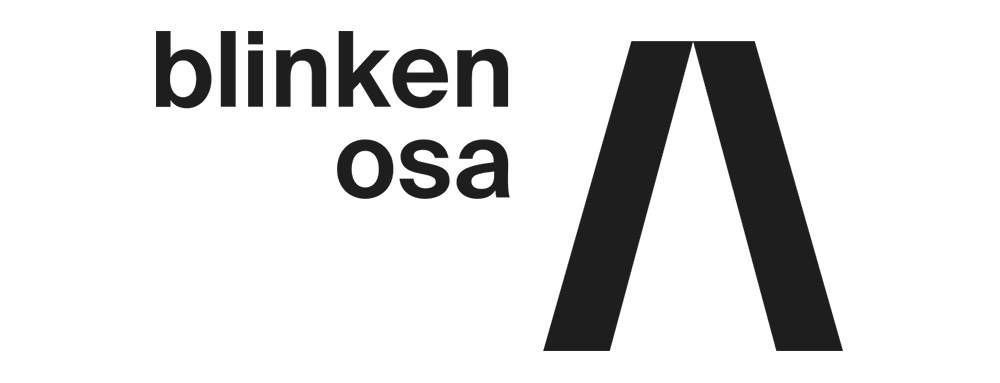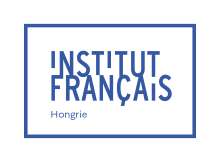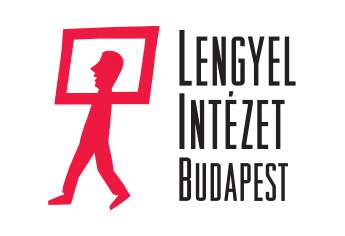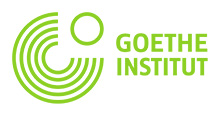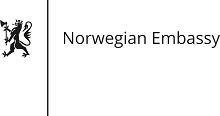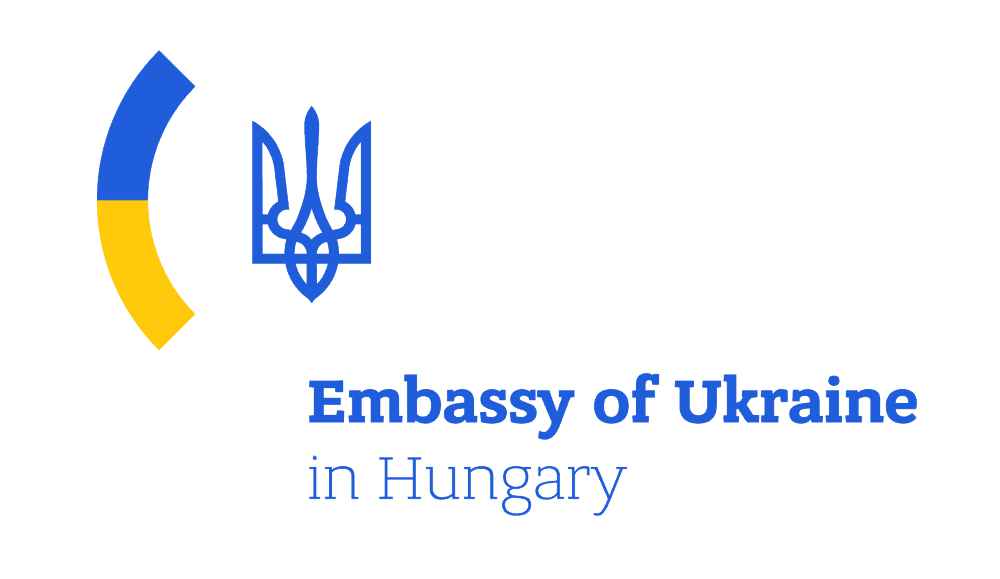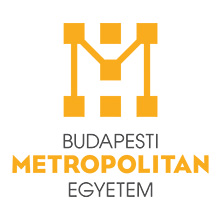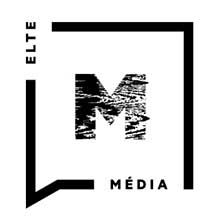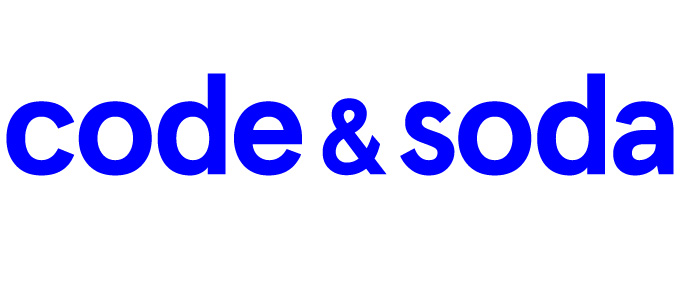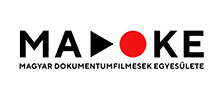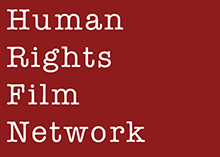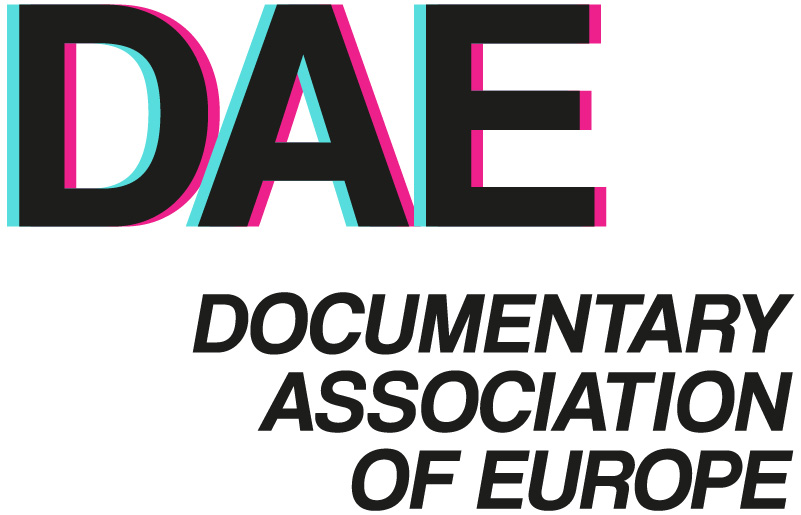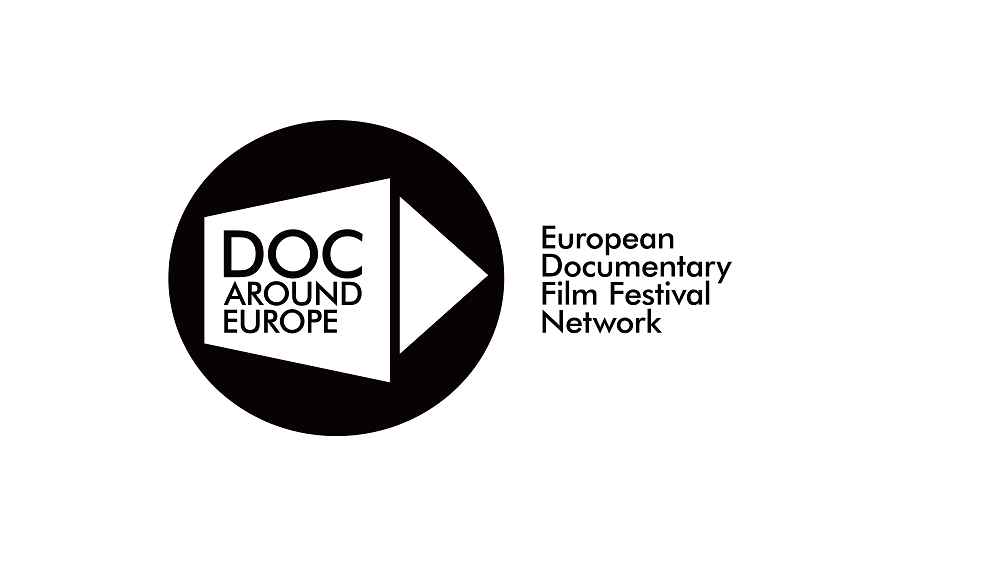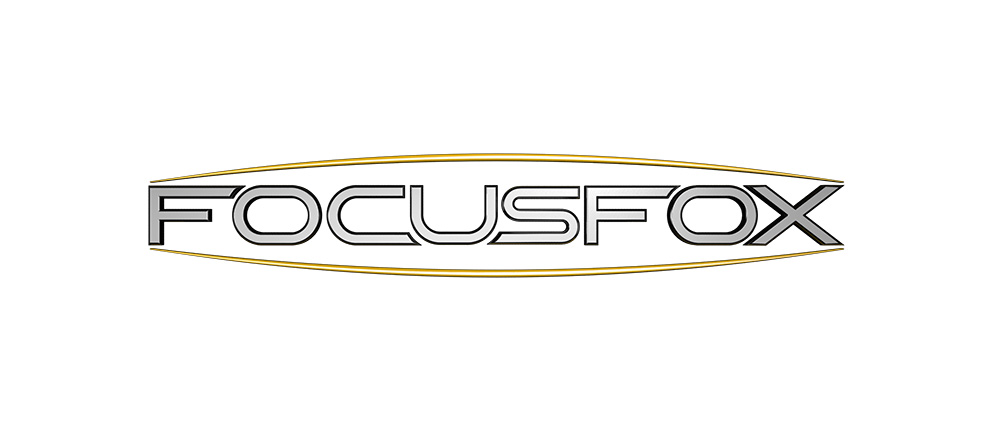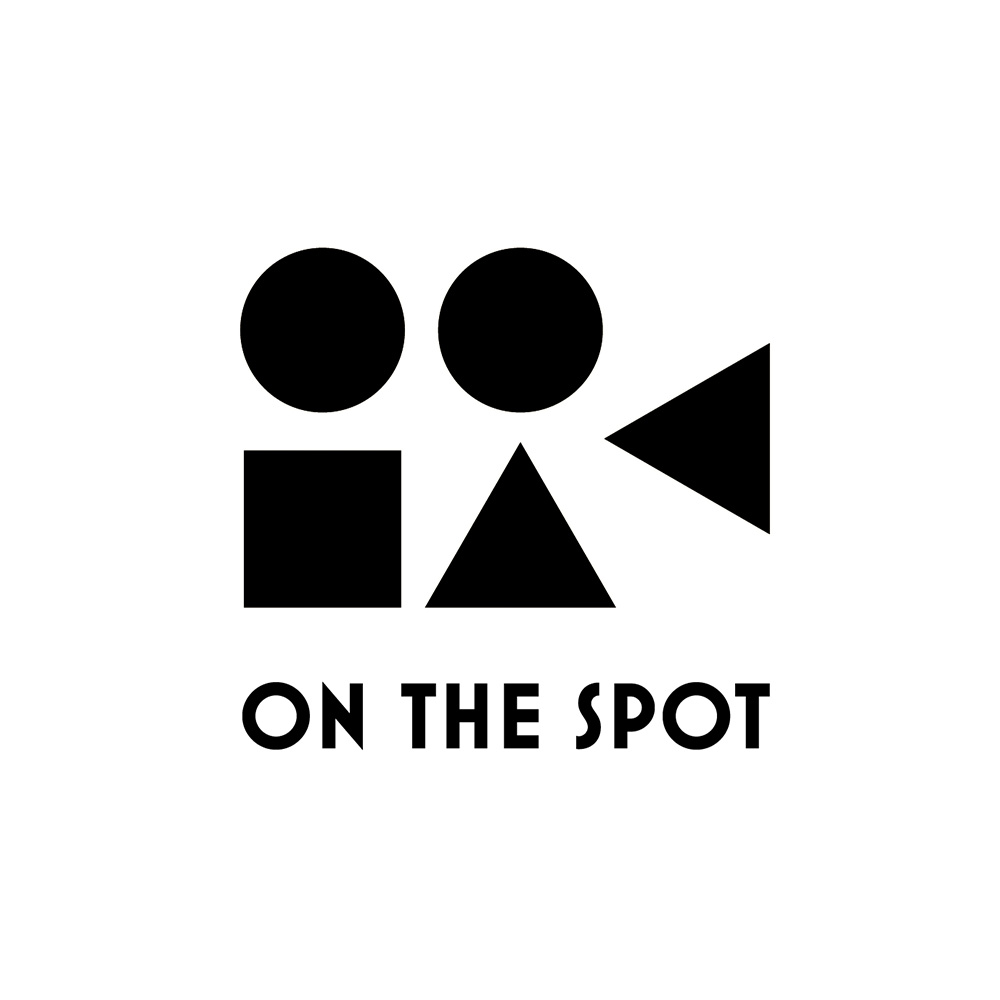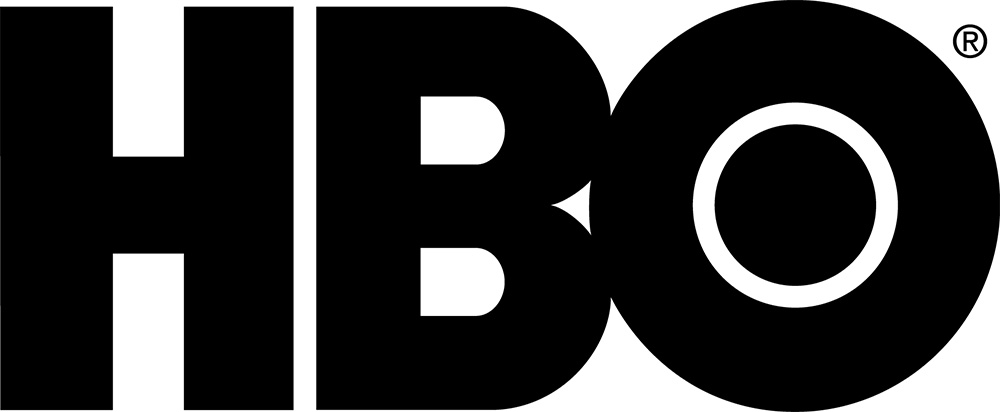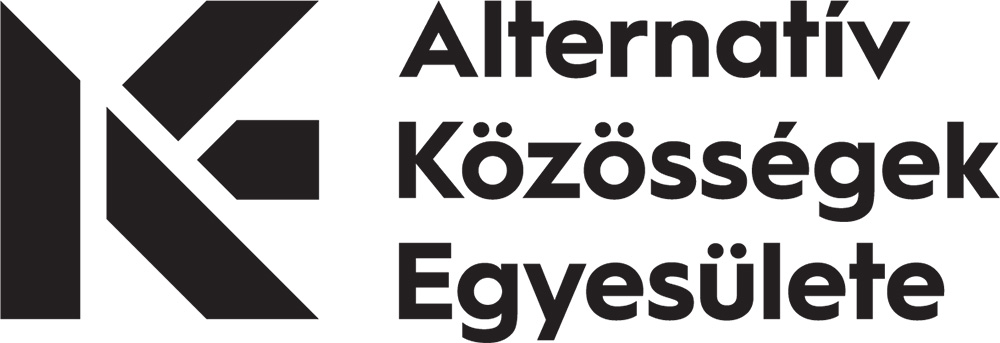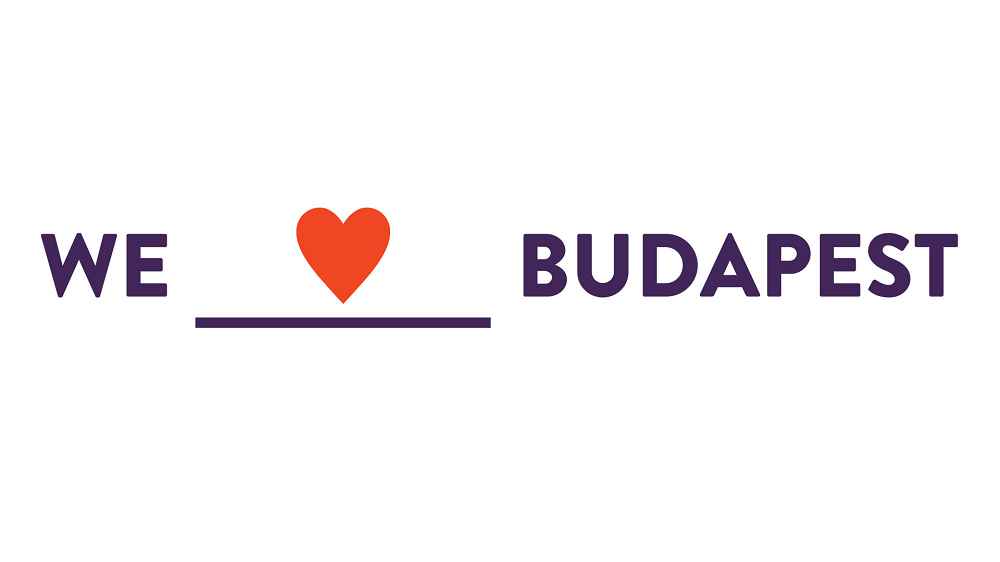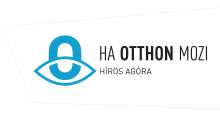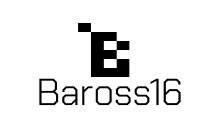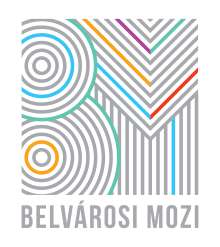
Verzió Documentary Film Festival provides visibility to those who fall outside mainstream storytelling. This year, for the first time, Verzió introduces an LGBTQ+ competition section. The documentaries amongst others will explore Polish queer performers, the Zagreb ballroom and voguing scene, and the homophobia experienced in Cameroon. Additionally, this year's VR films in the Vektor VR program discuss various forms of perception and body awareness. Detailed program and tickets in pre-sale are now available on the website.
The films in Verzió's program give voice to marginalized social groups, minorities, and individuals whose human rights have been violated. This year, under the title "We Are Here," Verzió is launching an LGBTQ+ competition section. The selected works present deeply personal stories that explore the discovery of identity. The goal of this section is to support individuals in their diversity, complexity, and beauty. It aims to initiate dialogue and ensure visibility for realities that often remain outside mainstream storytelling.
Among the contenders is one of the year's most unique and remarkable documentaries, I'm Not Everything I Want to Be. Klára Tasovská's film, created solely using the protagonist's photo archive, tells the story of Libuše Jarcovjáková, a Czech photographer who captured the underground clubs and communities of the '70s and '80s. The film reveals how art can liberate from oppression. The director will be a guest at the festival.
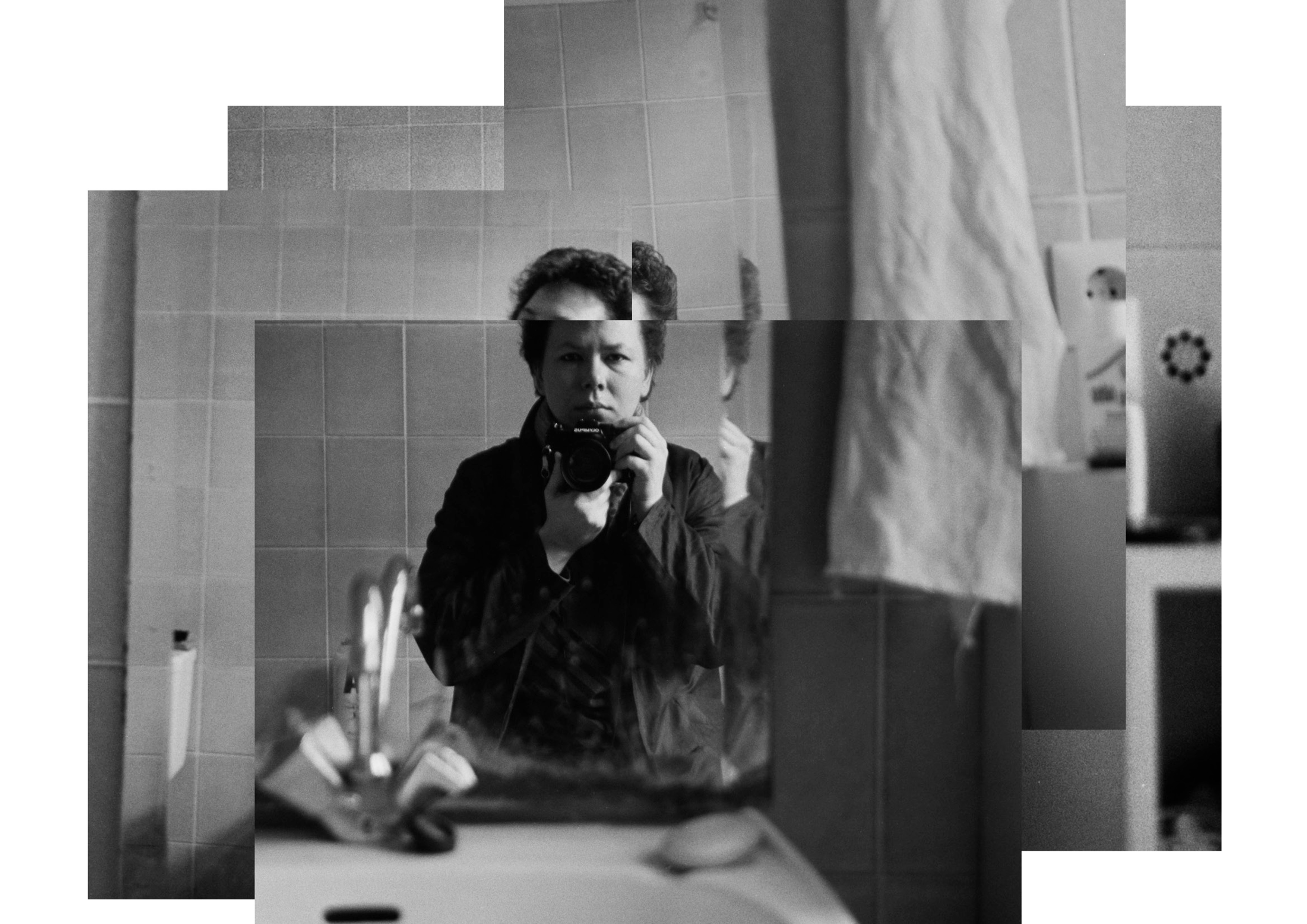 (I'm Not Everything I Want to Be, d.: Klára Tasovská)
(I'm Not Everything I Want to Be, d.: Klára Tasovská)
Queer communities are flourishing in other countries across Central Europe and the Balkans as well. At Verzió, we will get to know the Zagreb ballroom scene through the film Grand Prize, whose Croatian director will be a guest at the festival. The intimate portrait Such Feeling showcases Polish performers living their lives openly and proudly, and supporting each other while facing a hostile environment for queer people in Poland. Queendom features Gena, a queer performance artist seeking new forms of art and political activism, aiming to draw attention to the harassment faced by the LGBTQ+ community and the brutal actions of the Russian government. The section will also address homophobia in Cameroon (Code of Fear), and screen a poetic and philosophical film about a filmmaker's past loves (Fragments of a Life Loved). A special event associated with this section will feature a ballroom party organized by activist and dancer Rácz Koni, showcasing the local ballroom and voguing scene at Toldi Club.
"This section stands in solidarity with LGBTQ+ people and their rights. We want to highlight the exclusion and violations experienced both locally and globally, while simultaneously celebrating the diversity of people with these wonderful films and related programs," says Fanni Somlyai, Head of Programming. The goal of the section is to peel away the imaginary layers and reveal this socially tabooed topic up close.
Beyond its usual channels, the "We Are Here" competition section will reach audiences through ambassadors. Kristóf Steiner, Kata Oltai, and Koni Rácz are influential figures in the LGBTQ+ community and its supporters, each able to convey the section's message effectively through their social media platforms.
Additionally, the section will feature a special campaign aimed at illustrating how LGBTQ+ stories can bring us closer together and promote an open and fair Hungary. This animated film campaign will be seen on social media channels and in cinemas.
For the fifth time, Vektor VR brings a thematic selection of significant VR works to Hungary. This year, immersive creations that discuss various forms of perception and body awareness will be showcased. Can we truly understand others better by seeing the world from their perspective? Can we inhabit another person's body?
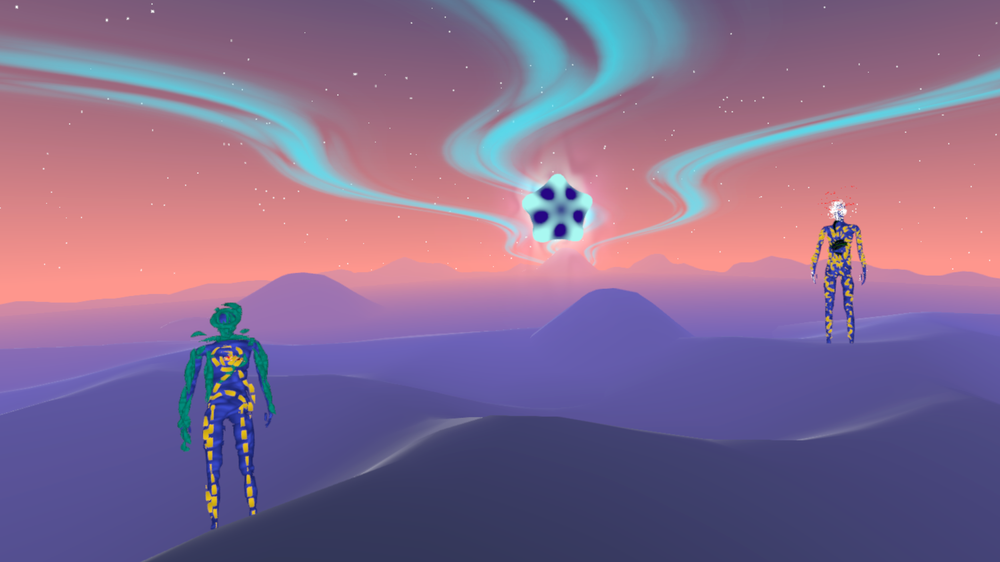 (Soul Paint, d.: Sara Ticho, Niki Smit)
(Soul Paint, d.: Sara Ticho, Niki Smit)
This year's Vektor VR selection questions the effects of digital environments on the human body and perception. Under the theme "Misunderstood Bodies", viewers will experience immersive, interactive works rich in vibrant imagery, subjective testimonies, documentary narratives, and surprising performative twists. By addressing social taboos, these works help reframe our relationship with the world and the concept of normality. Visitors will enjoy a special experience this year, featuring 360-degree VR films and interactive virtual reality experiences.
The final program of the 21st Verzió International Human Rights Documentary Film Festival is available for browsing on the website, with ticket and pass sales starting on October 24.
xxx
The festival's screenings and accompanying events in Budapest will take place at the Toldi and Művész cinemas, Trafó, CEU Budapest and Adaptér. This year again, we are partnering with the national network of Open Spaces to organize the Satellite Verzió program. The films will be available online in the Verziótéka after the cinema screenings from 14-24 November: https://festival.verzio.org/.
The festival's main partners are the Háttér Society, the American Embassy, the Heinrich Böll Stiftung, the British Council, the Dutch Human Rights Fund and the UNHCR Central Europe.
Verzió Film Festival is organized by the non-profit Verzió Film Foundation and Blinken OSA Archivum, with the Creative Europe Media Programme as main sponsor. The founders' aim was to create a creative forum for international documentary films with human rights issues at its core.
Cover photo: Such Feeling, d.: Alex Baczyński-Jenkins
